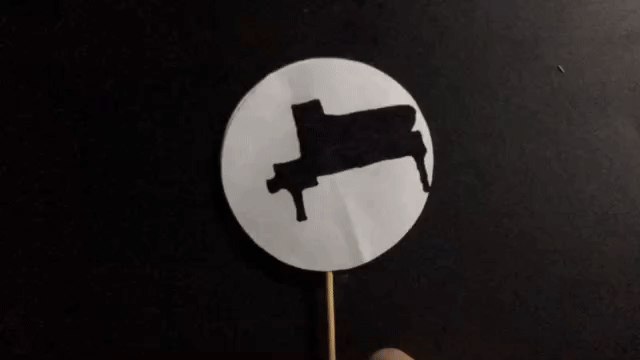4 Ways to Motivate Your Child to Practice Piano

Learning a new instrument can be exciting and novel for your child at the start. But the fun wears off when piano pieces start getting more challenging and practising the piano everyday becomes a chore.
Many parents come to us at this point and ask us for advice on how to motivate their child to practise the piano. But first, how much practice is enough? Is a thirty or forty-five minute practice session sufficient?
The answer is simple - first we have to understand that children love play. ANYTHING that reeks of homework / hard work or any work of any kind has an immediate repelling effect.
Second, if your young child isn't able to sit still and do his/her coloring or writing work for an extended period, chances are, it will be the same with piano practice.
So, how much is enough?
Our strategy is to get their bums on the piano seat. We advocate for a once-daily five minute practice session at the start. Once, they get the hang of playing and practicing, soon you will find that their practice session has extended to six minutes, seven, and so on without them even noticing it!
Moreover, beginning pieces are shorter in length. Therefore, practice time can be shorter as well. A five-minute session would equate to several rounds of practising their pieces.
Once your child has done a few practice sessions, he/she will notice that the pieces have become easier to play, and they might even have memorised it! A good thing about piano playing is that progress and improvement is guaranteed with even the tiniest bit of practicing!
Sometimes extra motivation gets children more excited to practice! We have compiled 4 tips on how to motivate your children to practice!
In situations like this, tweaking their practice routine and how you respond to their practice can make a difference!
1) Challenge and Reward

Try setting goals and reward your child when he/she achieves them. This creates a good habit as they don’t see the practice as a fixed time to endure through but rather, they have an objective to work towards. A goal can be as simple as being able to play the left hand of a difficult bar of music up to speed, or play the entire piano piece twice! The goals may be small but having specific bite-sized goals allows them to know exactly what to practice. There is also greater momentum when your child realises that the goals are very achievable!
Reward their hard work with something small like a sticker. You can even turn it into a weekly challenge with a bigger reward at the end of the month to encourage them to complete it.
Print out this free Challenge Chart below that is similar to what My Piano Room uses to make it more appealing for your child as they can visualise their own progress!
Click on image to download and print.
2) Observe what is making them unmotivated
Finding out what makes your child unmotivated is important too as it can give you a clearer idea on how to approach the problem.
Environment
Is there a conducive environment for your child to practice in? Is there a television program playing in the background or is the room too hot? Having a conducive environment for piano practice makes a difference!
Duration and a Fixed Timeslot
Older students might feel tired by the long practice duration. If so, then try reducing the duration because a refreshed mind produces better quality practices and make up for it by increasing the number of times they practice in a day. For young children, find an optimum time in the day and insert it as part of their daily activities.
Encouragement
Many times the difficulty of a piece can cause your child to lose interest in practising. Instead of telling your child that he/she is not practising enough, do acknowledge the difficulty of the piece and give them encouragement by recognising their efforts in trying.
3) Be involved

If you’re not already sitting down with your child when they practice, it’s a good idea to do so to be involved and show support. This will encourage them as they feel valued and appreciate the time they get to spend with you. Treat it as a parent-child bonding time and be genuinely interested in their progress. This way, they’ll want to show you what they’ve learnt and achieved. Comment on how they have done well and praise them for their efforts at the end of the practice!
We constantly tell our students' parents that learning is a three-pronged effort from the teacher, parent and the student. One cannot do without the other.
4) Inspire them
Bring your kids to watch a live performance for some inspiration. Be it a classical concert at the Esplanade, free performances at the Singapore Botanic Garden or a musical, these are great avenues to provide your child with exposure to various genres of music and talented musicians. They can feel motivated after watching the musicians perform but the key is to keep the drive going. Be sure to emphasise on the hard work that these musicians have put in to achieve their excellence so that your child is not easily discouraged if they don’t see immediate results!
That's all for our 4 ways to motivate your child to practice. If you have other effective ways for increasing motivation, we'd love to hear from you! Do share them in the comments below!
Practice can be a trill!
Love,
My Piano Room


















